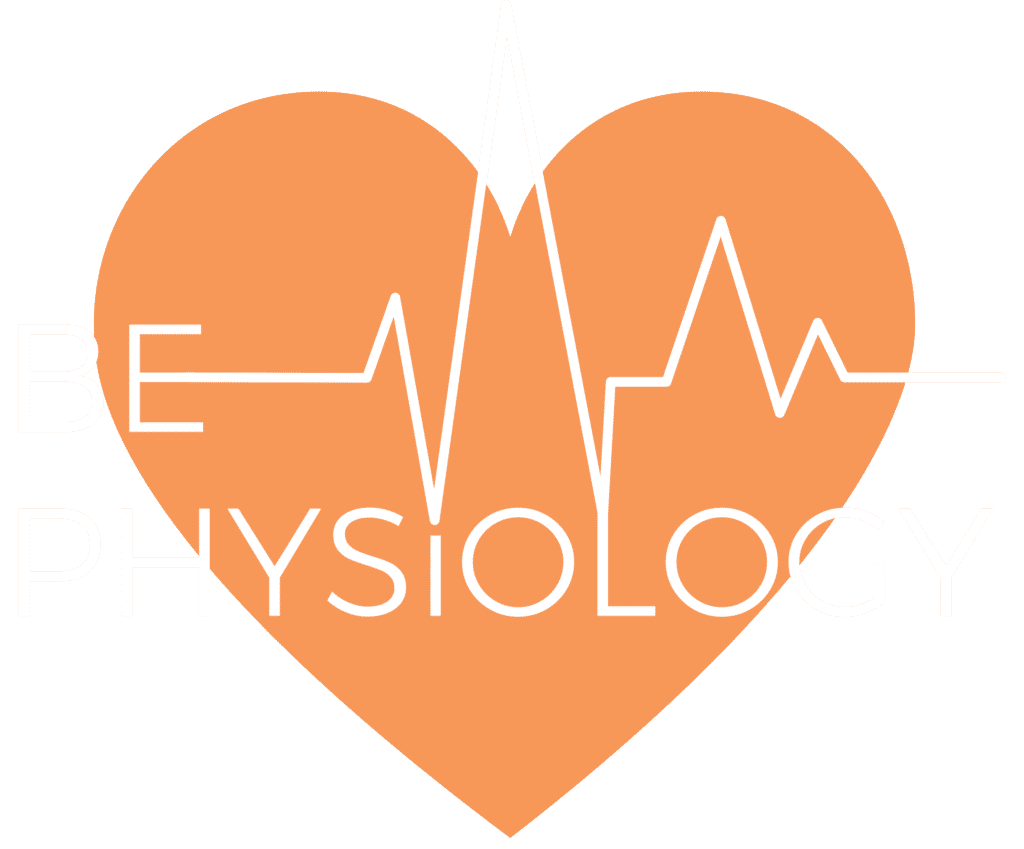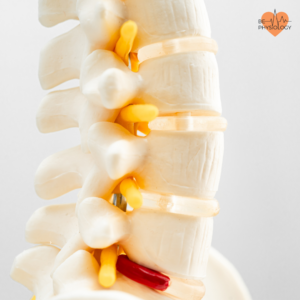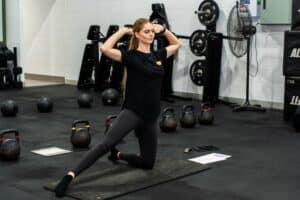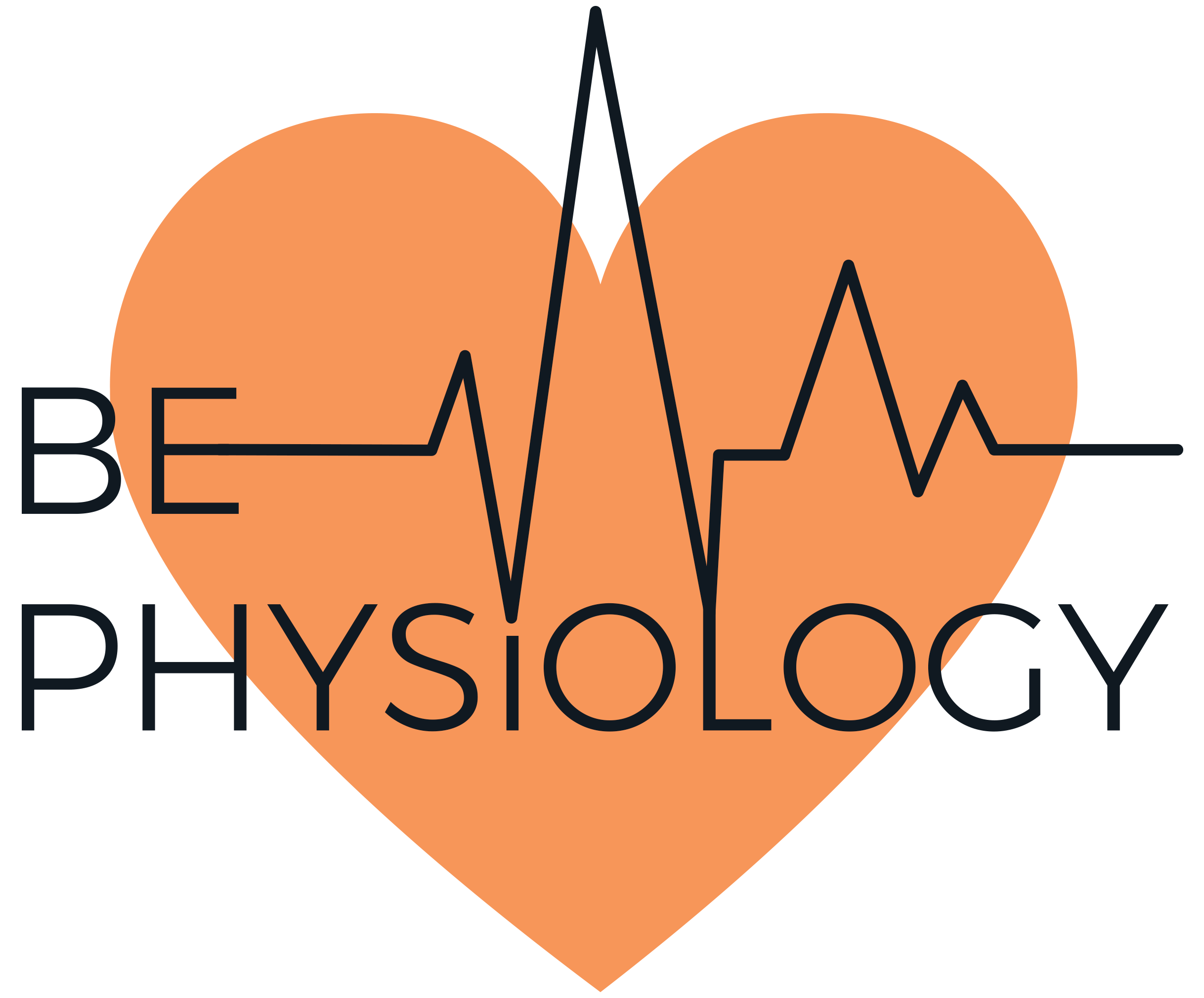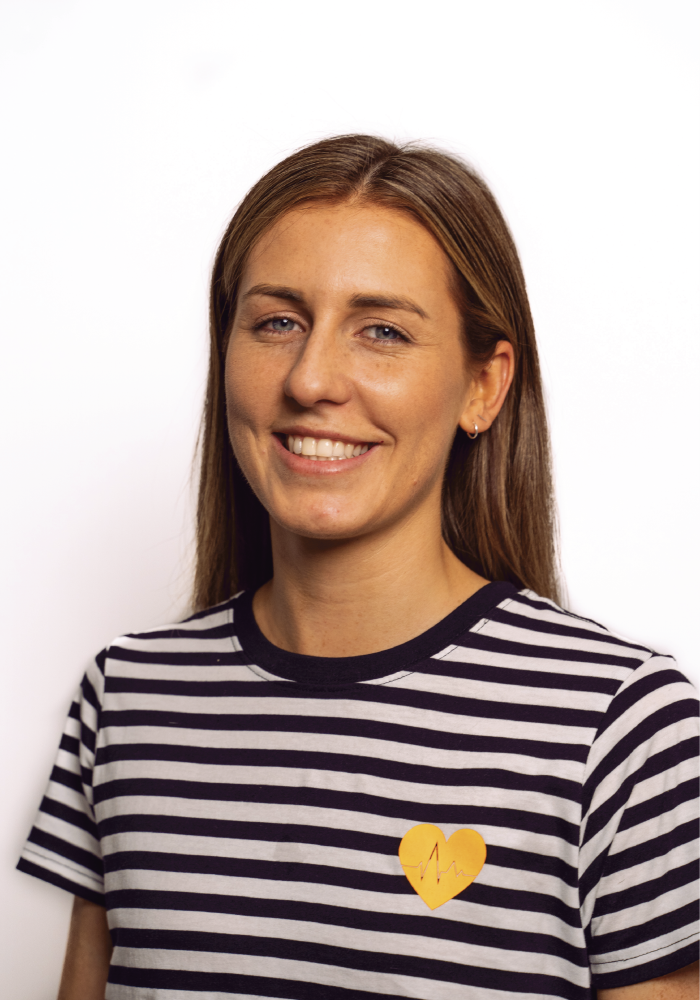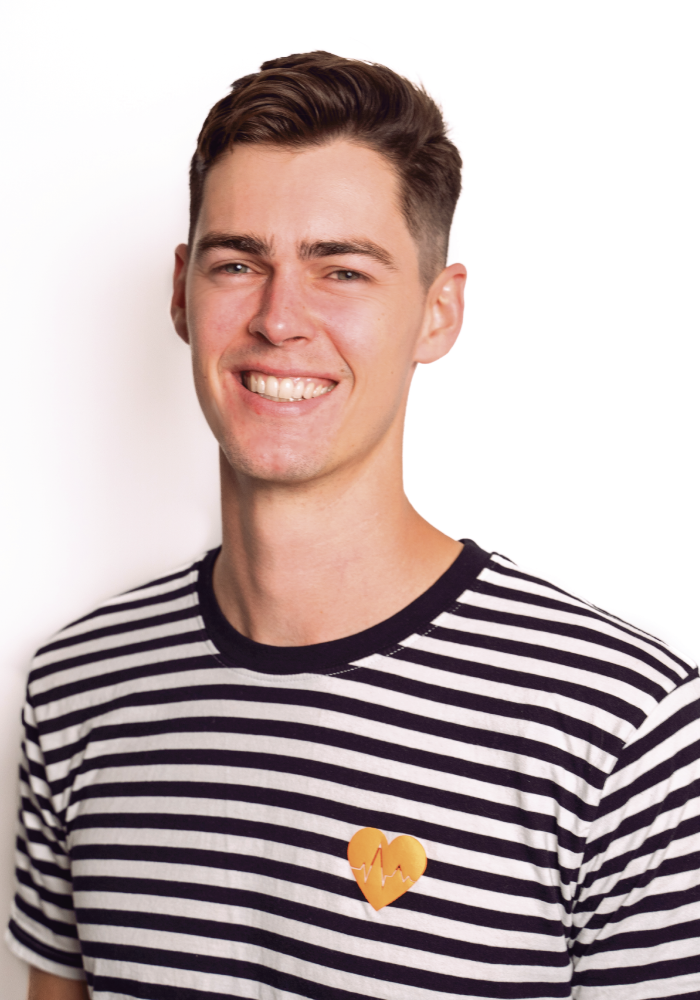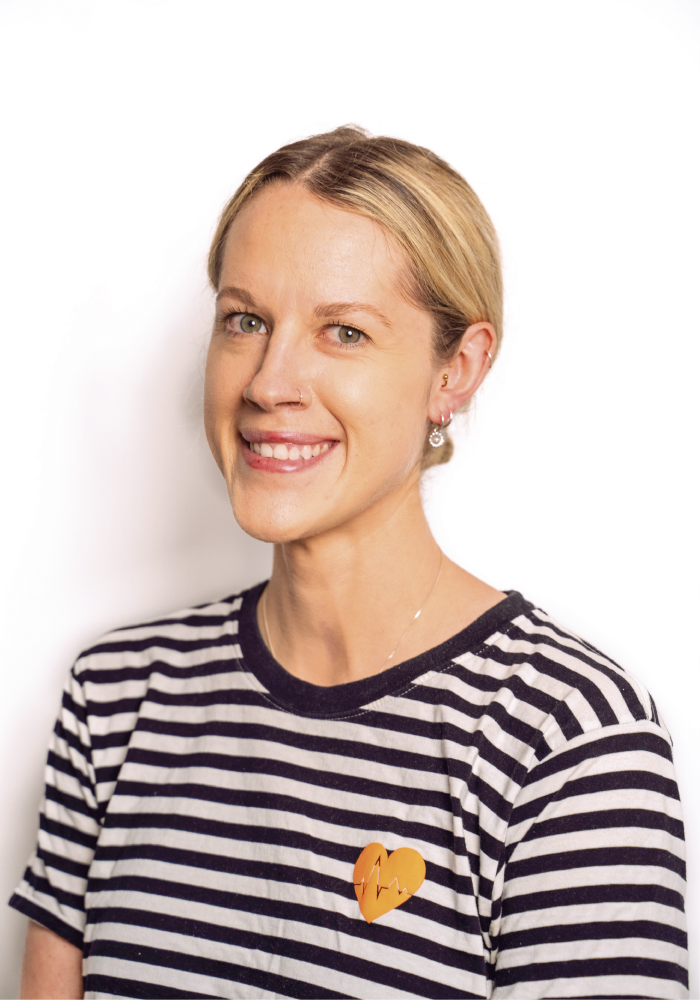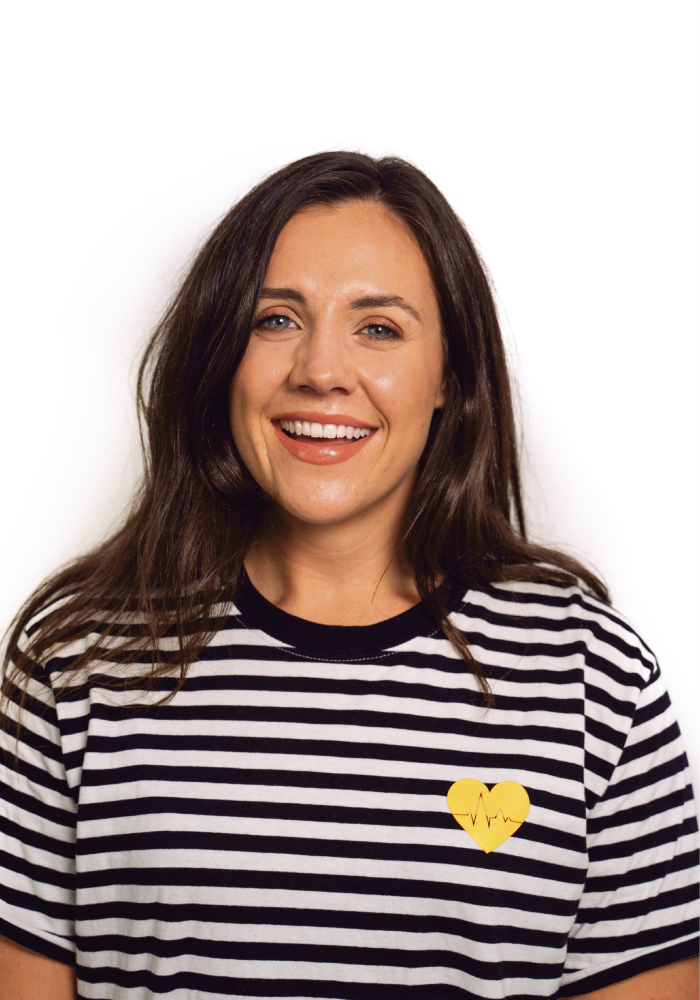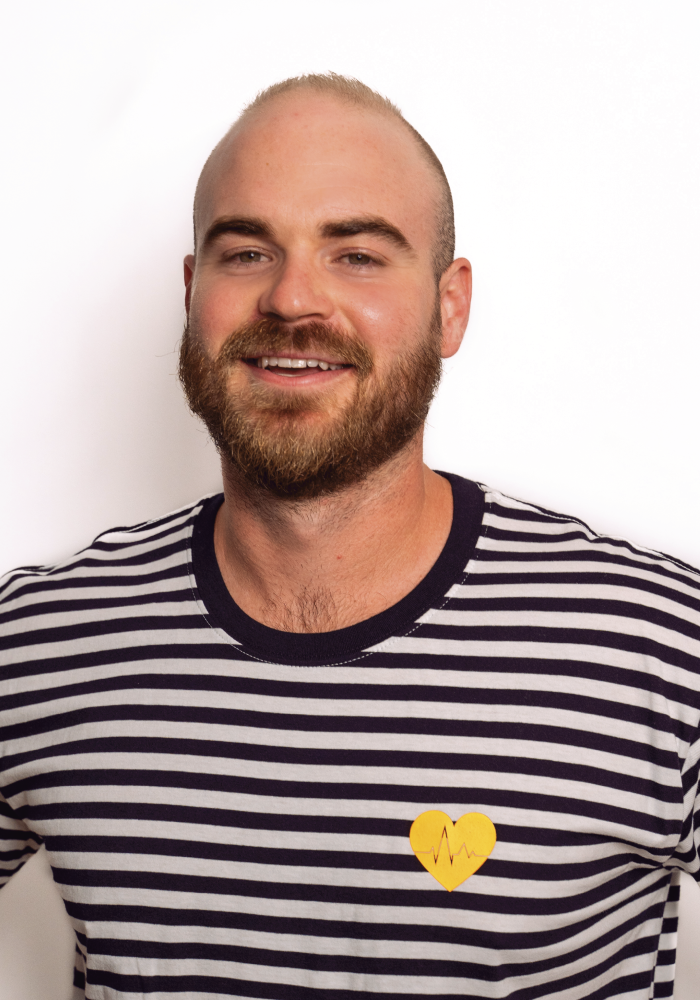What is a stroke?
A stroke is when the blood supply to the brain is disrupted or blocked, causing damage to the brain through the subsequent absence of oxygen.
There are two types of stroke which result in the blood flow to the brain being stopped;
- An ischaemic (is-key-mick) stroke is the most common type and occurs when an artery to the brain becomes blocked. Blockages can be caused by a blood clot (embolic stroke) or the gradual build-up of plaque narrowing the artery (thrombotic stroke).
- A Haemorrhagic (hemm-orr-ragic) stroke is when the vessel ruptures, causing a bleed in the brain. Haemorrhagic strokes can occur from uncontrolled high blood pressure resulting in rupturing small blood vessels in the brain. This is known as an intracerebral haemorrhage. Haemorrhagic strokes can also be caused by subarachnoid strokes, which can occur from abnormalities in the blood vessel, aneurysms, anticoagulant medications (blood thinners), and illegal drugs such as cocaine.
What are the risk factors and who is at risk?
There are a number of risk factors that can act as early warnings for the potential for a stroke to occur. Risk factors include;
- High blood pressure (hypertension)
- High blood cholesterol
- Diabetes
- Smoking
- Inactive lifestyle
- Cardiovascular disease
- Obesity
- Alcohol consumption
A little-known fact is that women are more at risk from strokes than men. Importantly, the vast majority of risk factors for strokes are modifiable. This means lifestyle changes can help to prevent strokes.
Signs and symptoms of a stroke and how to help
A vital acronym to remember when considering the signs of a stroke is FAST
- Face- Has their face drooped, or is their face looking ok?
- Arms- Can they lift their arms above their head, or can they lift their arms at all?
- Speech- Can they speak properly, or are they having trouble speaking?
- Time- Time is essential in this situation. Call 000 immediately!
How does a stroke impact daily life?
The impact of a stroke on an individual depends on where in the brain the damage has occurred, and the amount of damage caused to the brain tissue. Common stroke side effects include loss of motor and/or sensory functions. This can lead to a reduction in physical abilities that may be temporary or permanent depending on the severity of the event. This may result in a loss of independence. Additionally, strokes can cause cognitive impairment, changes in the ability to regulate emotions, and mental health problems.
How can exercise help prevent a stroke?
The Stroke Foundation states that more than 80% of strokes that occur are preventable. This is because there are many modifiable risk factors for stroke.
One of the most crucial is the absence of physical activity. There are multiple benefits to regular exercise that can decrease the risk of stroke. Benefits of exercise for stroke prevention include:
- Reductions in blood pressure,
- Reductions in LDL cholesterol
- Reductions of body fat percentage
- Reduced inflammation
- Reducing circulating blood glucose.
Exercise plays a vital role in improving the quality of blood vessels and how blood flows through blood vessels.
Aerobic, resistance, and balance training are recommended types of exercise that can increase fitness and reduce the likelihood of strokes. Additionally, regular exercise can simultaneously reduce the risk of other chronic conditions such as cardiovascular disease, diabetes, and cancer.
How can exercise help post-stroke?
Exercise is also highly regarded for the benefits it brings throughout all stages of post-stroke rehab. For example, strength training and activities such as yoga and tai chi can help to improve muscle weakness and balance for stroke survivors. The benefits of increased strength and balance combined can assist in gaining back independence by improving the ability to perform daily activities.
Although more investigation is required, research currently suggests that aerobic exercise can potentially enhance the brain’s ability to make new neural connections. Forming new neural connections in the brain assists in adapting to learning new skills and also assists in the recovery of traumatic brain injury post-stroke.
Every stroke is different and will affect each person differently. Working with an accredited exercise physiologist who specialises in neurological conditions allows for personalised treatment to be provided to the individual with consideration for their goals and needs.
REFERENCES
- Ada, L., Dorsch, S., & Canning, C. G. (2006). Strengthening interventions increase strength and improve activity after stroke: a systematic review. Australian Journal of Physiotherapy, 52(4), 241-248.
- Gallanagh, S., Quinn, T. J., Alexander, J., & Walters, M. R. (2011). Physical activity in the prevention and treatment of stroke. International Scholarly Research Notices, 2011.
- Limaye, N. S., Carvalho, L. B., & Kramer, S. (2021). The Effects of Aerobic Exercise on Serum Biomarkers of Neuroplasticity and Brain Repair in Stroke: A Systematic Review. Archives of Physical Medicine and Rehabilitation.
- Mang, C. S., Campbell, K. L., Ross, C. J., & Boyd, L. A. (2013). Promoting neuroplasticity for motor rehabilitation after stroke: considering the effects of aerobic exercise and genetic variation on brain-derived neurotrophic factor. Physical therapy, 93(12), 1707-1716.
- Riebe, D., Ehrman, J. K., Liguori, G., & Magal, M. (2018). ACSM’s guidelines for exercise testing and prescription (Tenth edition. ed.). Philadelphia: Wolters Kluwer.
- Son, S. M., Park, M. K., & Lee, N. K. (2014). Influence of resistance exercise training to strengthen muscles across multiple joints of the lower limbs on dynamic balance functions of stroke patients. Journal of physical therapy science, 26(8), 1267-1269.
- Stroke Foundation. (2022a). Top 10 facts about stroke. Retrieved from https://strokefoundation.org.au/en/About-Stroke/Learn/facts-and-figures
- Stroke Foundation. (2022b). What is a stroke. Retrieved from https://strokefoundation.org.au/About-Stroke/Learn/Types-of-stroke
- Taylor-Piliae, R. E., Hoke, T. M., Hepworth, J. T., Latt, L. D., Najafi, B., & Coull, B. M. (2014). Effect of Tai Chi on physical function, fall rates and quality of life among older stroke survivors. Archives of Physical Medicine and Rehabilitation, 95(5), 816-824.
